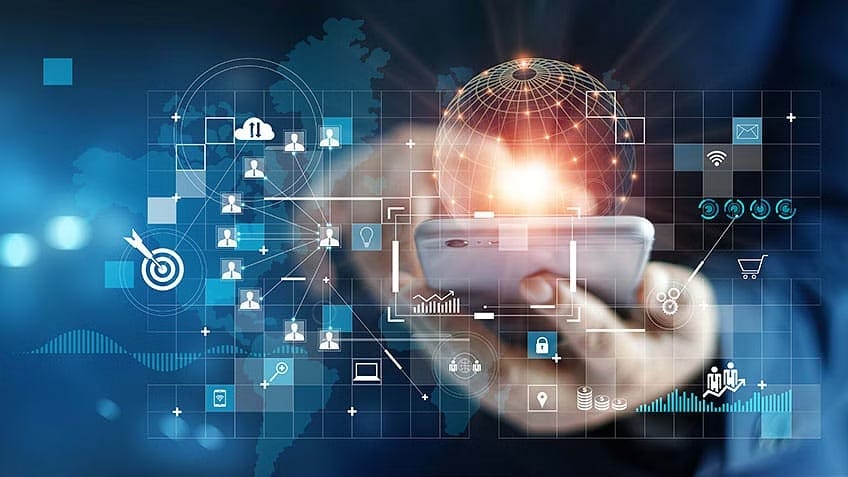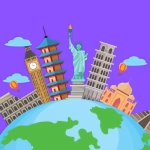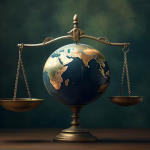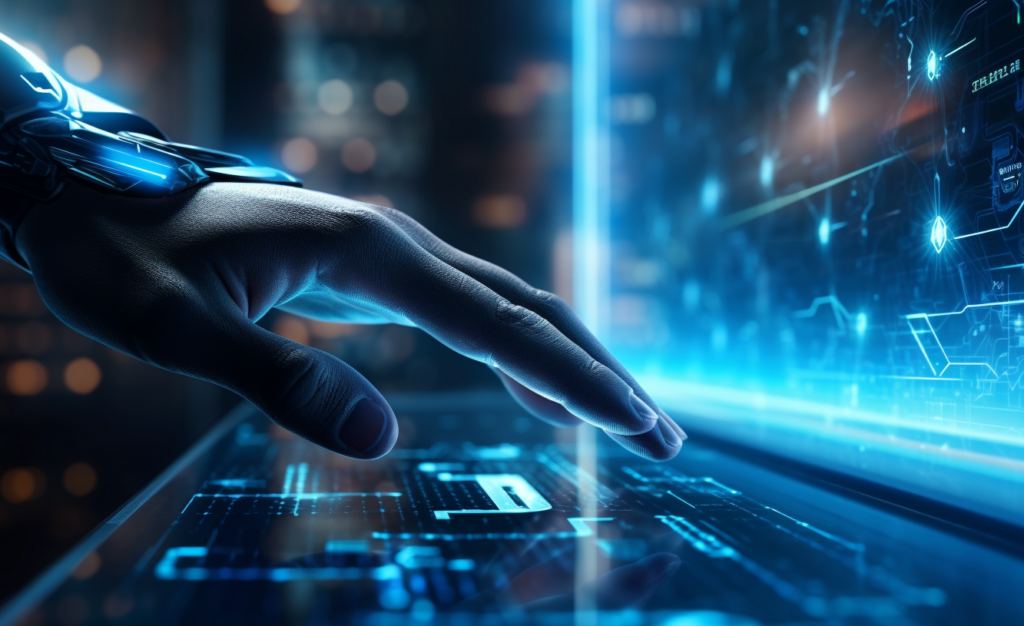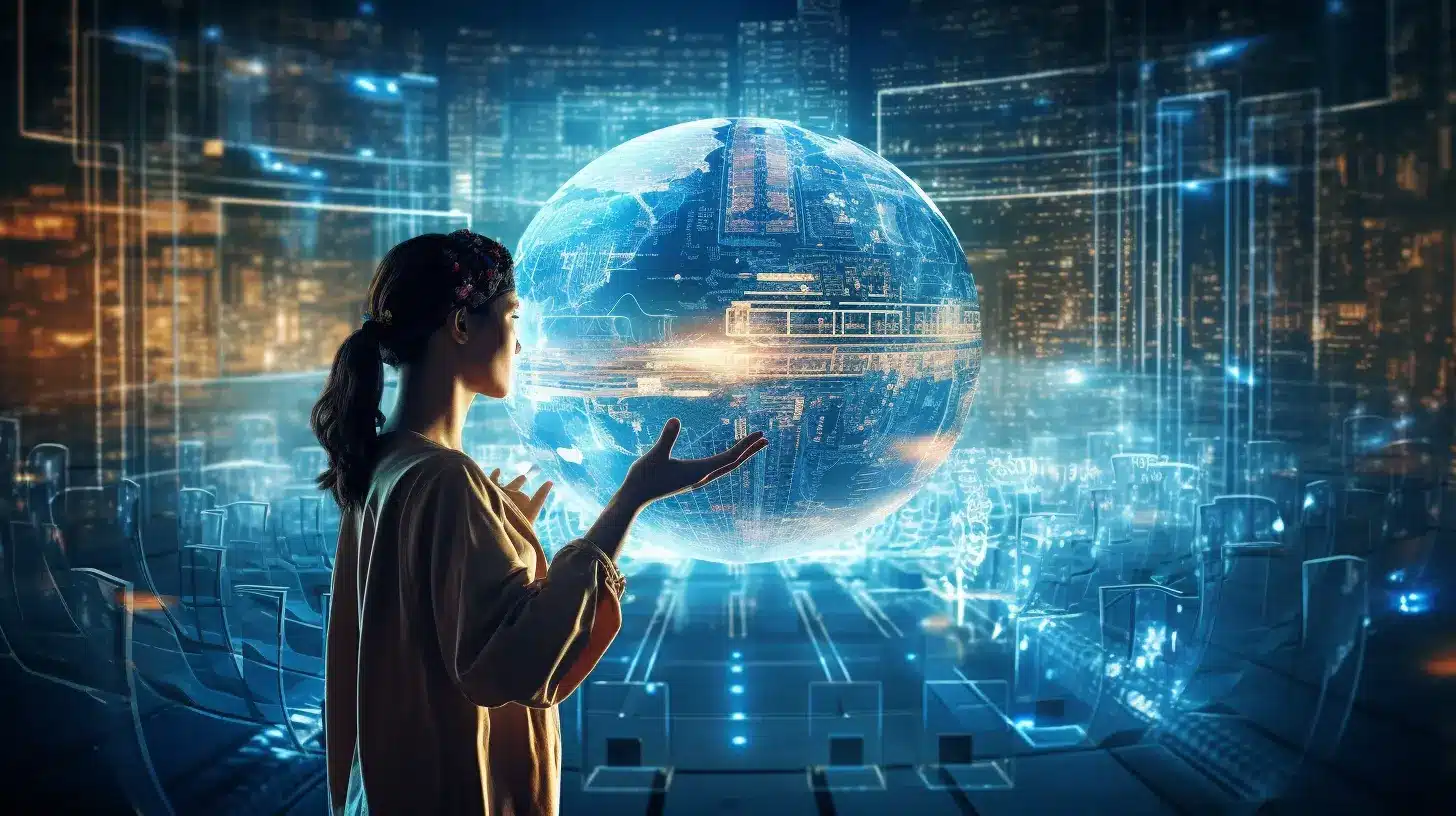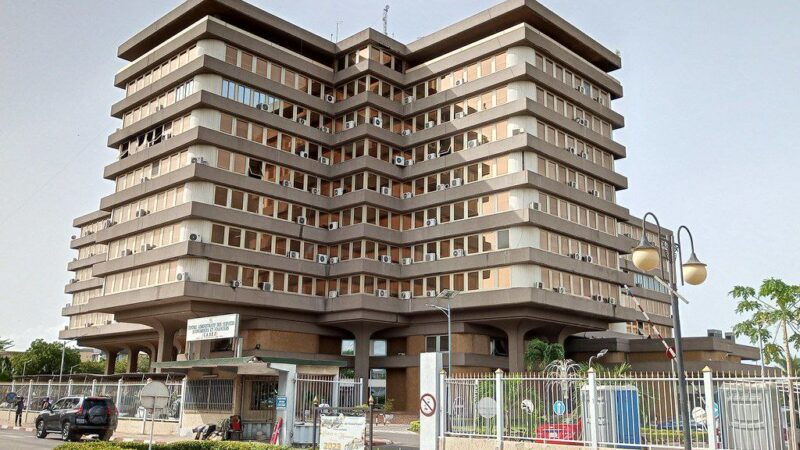Introduction
In today’s interconnected landscape, technology no longer operates in isolation—it influences every aspect of human life, from politics to entertainment. The digital world has created a global network of information and activism where politicians, celebrities, and citizens collectively shape narratives.
The merging of innovation and influence has given rise to a new kind of global leadership where technology, power, and public opinion coexist in delicate balance.
The Role of Technology in Redefining Communication
Modern communication is powered by artificial intelligence, 5G networks, and social media platforms. What once took weeks to circulate now spreads globally within seconds. Governments use advanced analytics to manage public relations, while companies rely on AI to anticipate consumer trends.
However, this evolution comes with responsibility—digital misinformation, privacy breaches, and manipulation of online narratives pose ethical challenges that must be addressed through transparent digital governance.
Political Agendas in the Age of Innovation
Technology has become a double-edged sword in politics. On one hand, it empowers transparency and civic engagement; on the other, it can be exploited to manipulate voters or silence dissent. The rise of cyber warfare, fake news campaigns, and data-driven election strategies has redefined what it means to govern in the digital age.
Nations like the United States and China continue to debate AI regulation and surveillance ethics, while smaller countries are creating innovative models for digital democracy.
Celebrities Using Their Voices for Global Change
The power of celebrity influence extends far beyond entertainment. From climate activism to humanitarian work, well-known figures are shaping how people view social and technological progress.
Priyanka Chopra’s work with UNICEF, Leonardo DiCaprio’s environmental advocacy, and BTS’s mental health campaigns have reached millions, inspiring a global shift in collective consciousness. Today’s stars don’t just entertain—they educate, influence, and mobilize global audiences toward action.
Global Economic and Environmental Shifts
The world economy is evolving alongside these cultural and technological revolutions. Nations are transitioning from traditional industries to tech-driven economies, emphasizing sustainability and digital infrastructure.
Environmental policies are now linked with technology—green AI, renewable energy startups, and smart agriculture are leading the way. As climate-related crises intensify, both political and celebrity figures are investing in innovation that reduces the planet’s carbon footprint.
Technology Bridging Cultures and Nations
Advancements in digital infrastructure have allowed distant nations to collaborate in real-time. Whether it’s global scientific research or humanitarian aid coordination, technology is narrowing cultural divides.
Celebrities and politicians use digital media to share awareness about crises in Gaza, Ukraine, and other affected regions, amplifying humanitarian outreach. This synergy between fame and technology transforms how empathy and action are mobilized worldwide.
The Global Youth Movement and Future Leadership
The next generation is growing up in a world where tech and activism are inseparable. Influencers and digital activists are using platforms like TikTok and X (formerly Twitter) to raise awareness about social injustice, sustainability, and equality.
Politicians are taking note, reshaping their campaigns to resonate with this tech-savvy demographic. As young voters become more informed and globally connected, they are set to become powerful agents of change in upcoming political landscapes.
FAQs
How is digital media influencing political narratives?
Social platforms shape voter opinions and global awareness faster than traditional news outlets, giving power to digital storytelling.
Why do celebrities engage in social and environmental activism?
Their public influence allows them to reach large audiences, turning personal advocacy into large-scale movements.
How is technology helping address environmental challenges?
From AI-powered renewable grids to satellite-based climate monitoring, tech innovations are essential in tracking and reducing global emissions.
What role do global youth play in modern activism?
Young activists are leveraging technology to organize protests, start NGOs, and influence political debates worldwide.
How can global cooperation strengthen digital ethics?
When nations share technological standards and oversight, they prevent misuse of data and ensure fair access to innovation.
Conclusion
The fusion of technology, politics, and celebrity influence marks the beginning of a new global identity—one rooted in shared responsibility and digital progress. From environmental activism to AI governance, these forces shape how humanity navigates the future. The collaboration between governments, innovators, and cultural icons will determine whether technology becomes a tool for unity or division.
As the world advances, the challenge remains to balance power with ethics, fame with integrity, and progress with purpose. When technology serves humanity rather than divides it, society stands at the edge of its most enlightened chapter—a future built on awareness, accountability, and cooperation across all borders.



